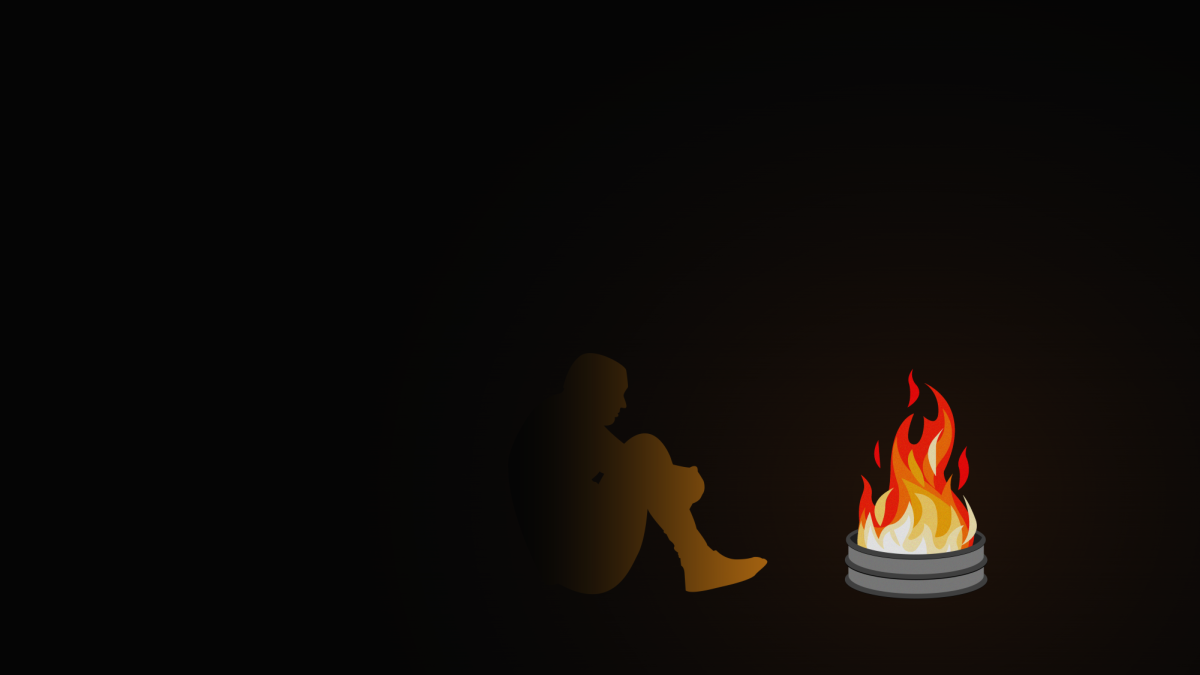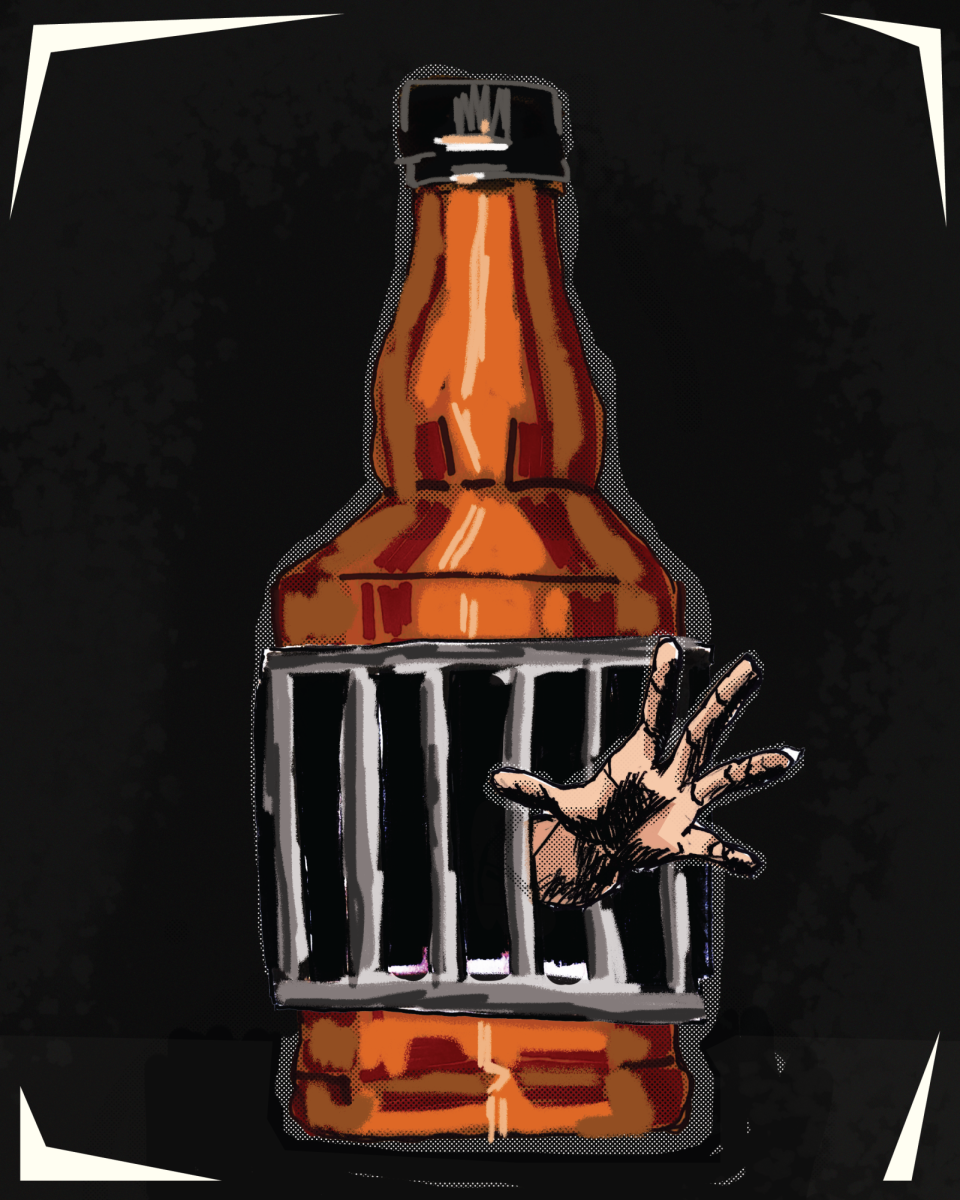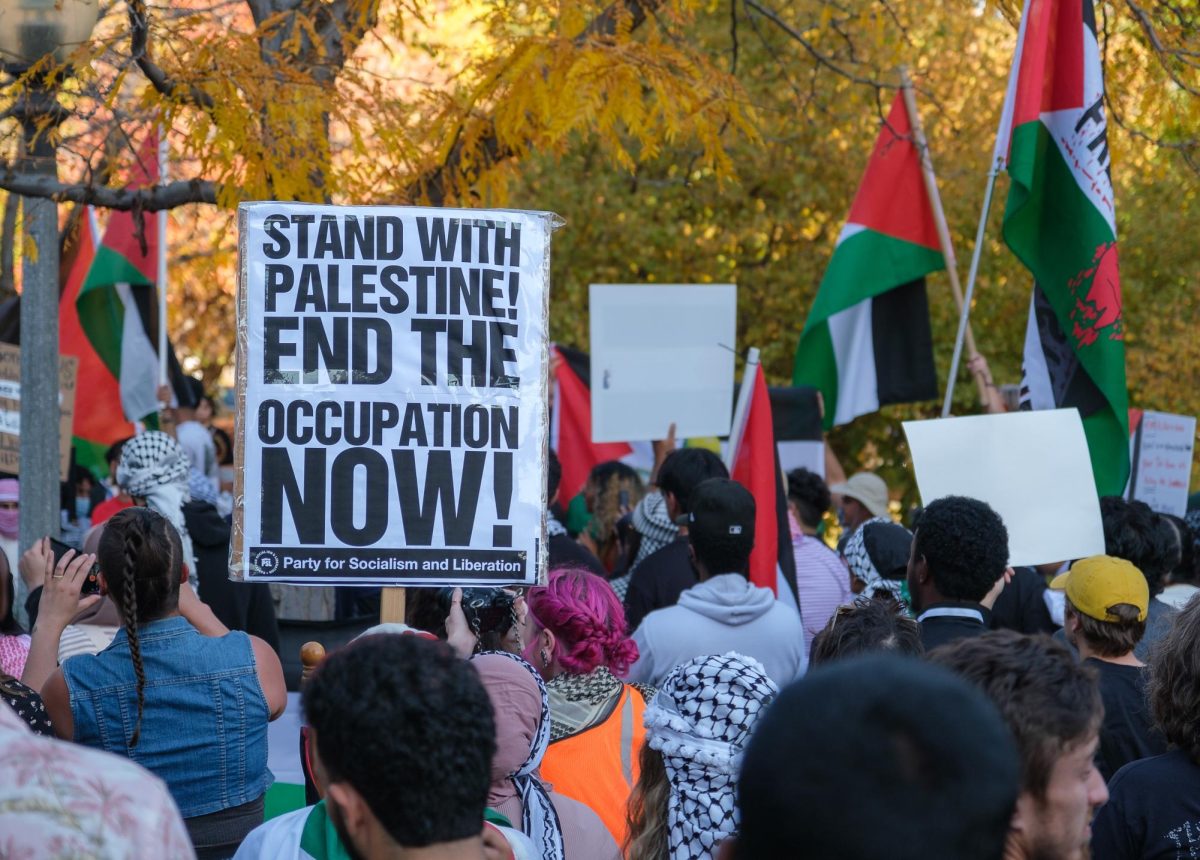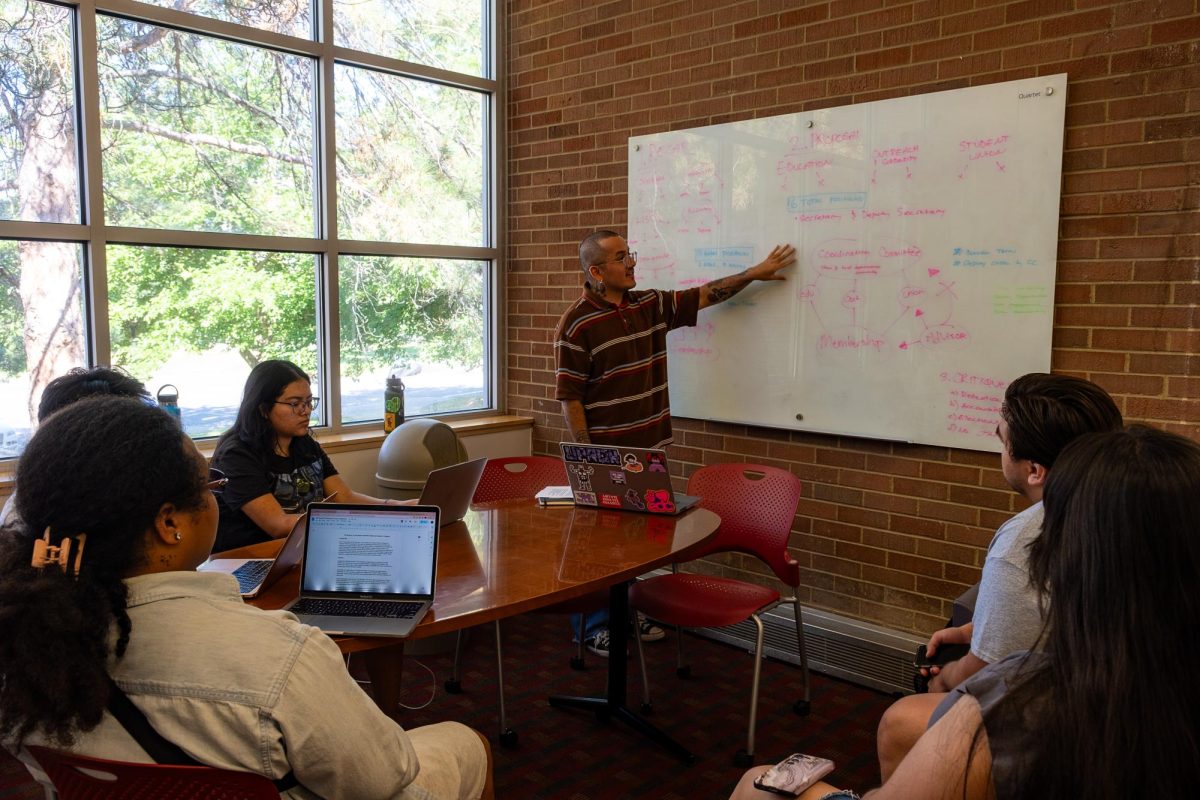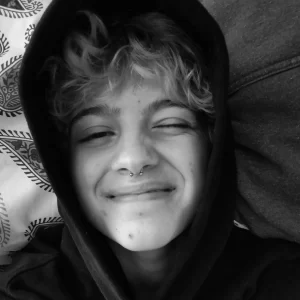Following the recent affirmative action turnover by the Supreme Court, I’ve had the same questions on my mind. What does this mean for BIPOC students? What about BIPOC involvement in academics? In spaces of “community building” at the University of Utah from student politics to Greek life, white students blaze a path to leadership and academic community. BIPOC students are often left in the dust.
What’s more, the feeling of community and belonging is essential to a campus environment. For marginalized communities at a predominantly white institution like the U, clubs are where community building happens and a sense of belonging and purpose is born.
Belonging
Belonging and a sense of community are necessary for the college experience. Students don’t only gather in community spaces for academics — they gather to find their crowds and to find themselves.
Sequoya Fail, president of the Black Student Union, stressed that she wants to lead the club as a resource. She seeks to make a friendly, communal environment for students.
“The whole premise of the BSU is to [bring] a sense of belonging to the Black-identifying students on campus,” Fail said. “We’re just there to have fun and bring people together, basically.”
As a transfer student and a commuter, Fail understands how difficult it can be to find community at school. In her position as BSU’s president, she looks to stress the importance of events to bring people together in a broader cultural context.
“I find that fun events and just random things that some people haven’t had a chance to do — like ice skating or a public speaking program — I feel like that kind of thing helps community building,” she said.
Fail worked hard to get the BSU off the ground after it was shut down during COVID, and the club is bearing the fruits of her labor. Through community gatherings and promotion, the BSU continues to grow.
“We are very extroverted, very social,” Fail said. “Collaborations are mainly how we grew and created a sense of belonging, and we kind of just invited connections with all departments and administration. Because we’re here, and we’d love support.”
Purpose
Mecha, another critical organization at the U, takes a different approach. Translating to the Spanish word for “wick,” the Mecha club is named so to inspire the feeling of a match being lit, bringing forth the fires of systemic revolution.
“Our main focus is empowerment and liberation, with a complementary focus on our education, community work and activism,” said club education chair, Gabriela Merida. As a club centered around activism, they organize for social issues and show up to fight for what they believe.
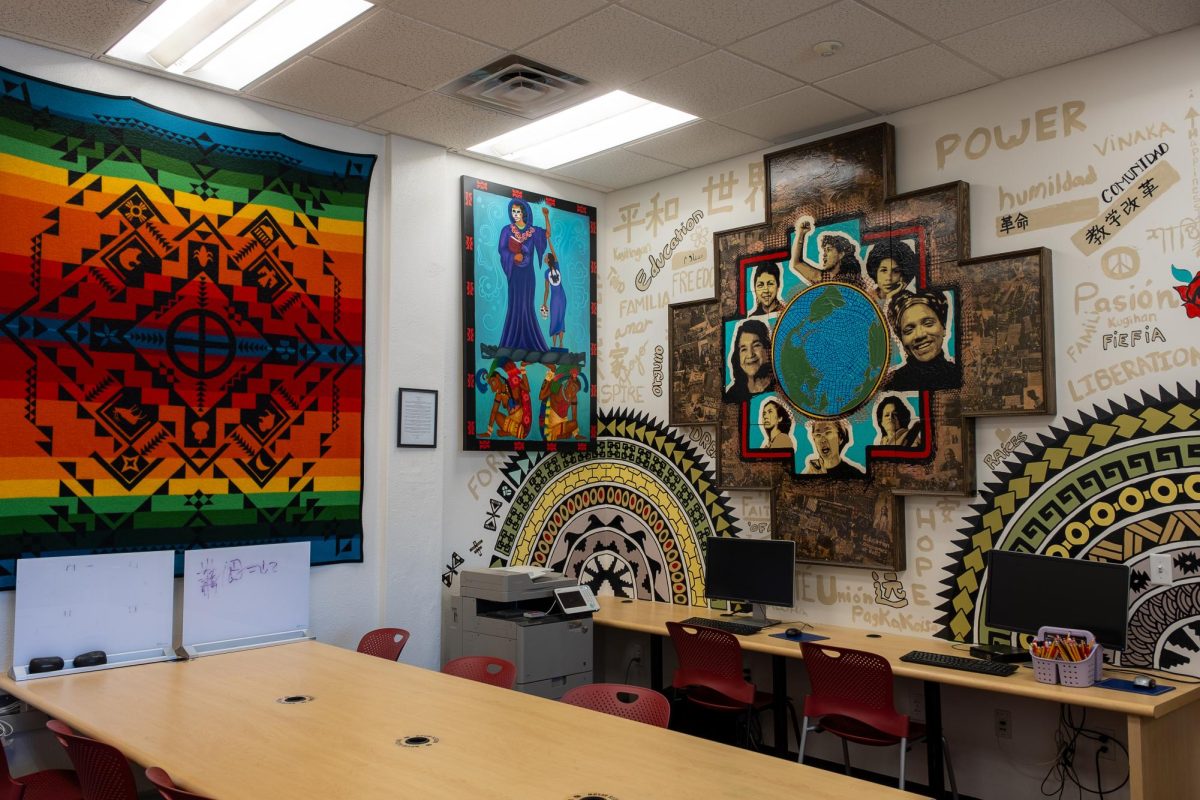
Merida joined the club herself when she noticed an absence of activism on the campus and even less attention on the Hispanic student body.
“I got involved in Mecha because I was tired of not seeing any leftist organizing or anti-fascist organizing on campus,” she said. The club puts a large focus on action in order to bring about genuine change, especially following the presence of the Young America’s Foundation on campus.
“We utilize things like our book club and social media events to discuss revolutionary ideas and empower students and community members to join us in the revolutionary struggle,” Merida said.
The Mecha community comes together to not only create a safe space for their beliefs and ideas but to follow purpose through community action. To come together as the Mecha club means to fight for a shared belief.
University Community Building
Clubs at the U have the ability to be safe spaces for community, especially for students who feel like they can’t find belonging otherwise. Whether through social events and fun like with the BSU, or through community activism in Mecha’s case, students can find a place to be heard and understood.
However, club involvement doesn’t absolve the university from its responsibility to its BIPOC students. While clubs are a great opportunity, the U needs to prioritize access to these communities. It took months for the BSU to get back off the ground last year and according to Merida, Mecha has been struggling with funding as well.
The club feels blindsided by the university and its promises.
“We’ve seen no change,” Merida said. “There’s no evidence that there will be any change. And we’re tired. But these clubs still fight, despite exhaustion. And against all resistance, they are up and thriving with no signs of slowing down.”








